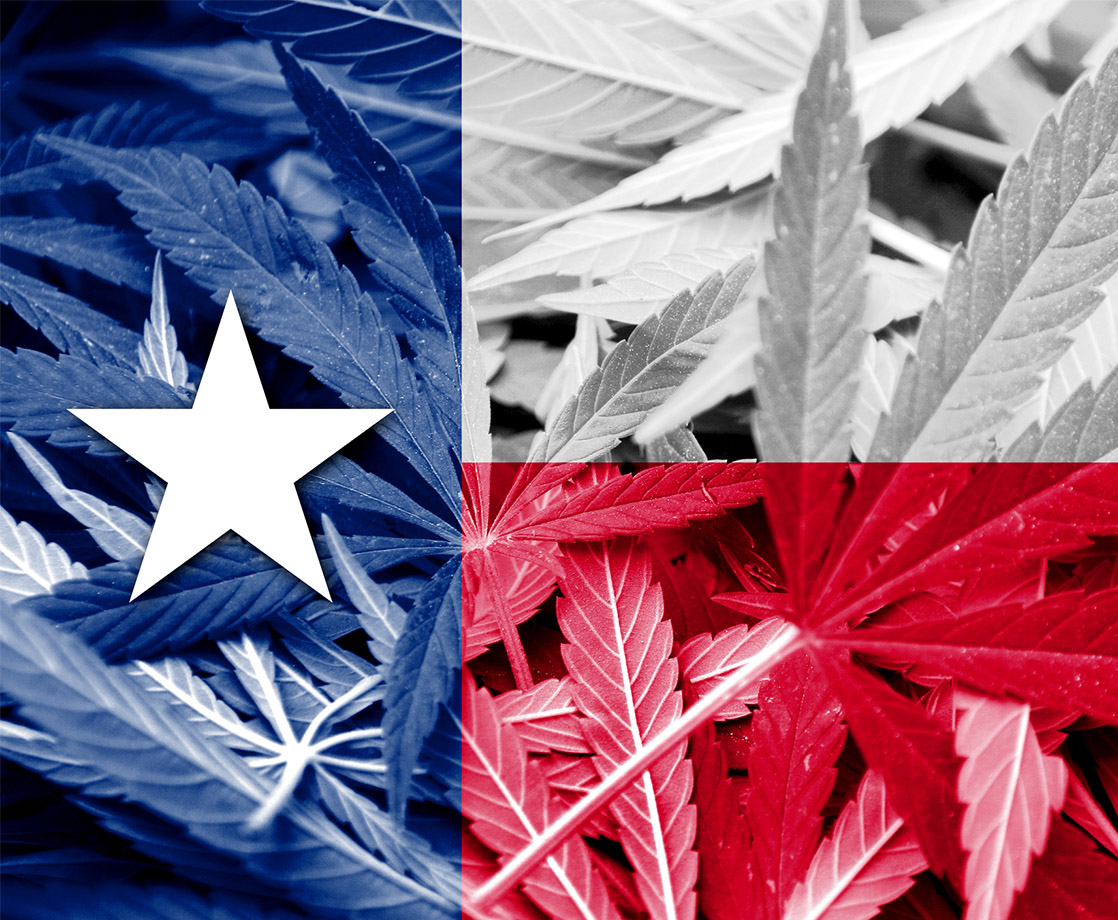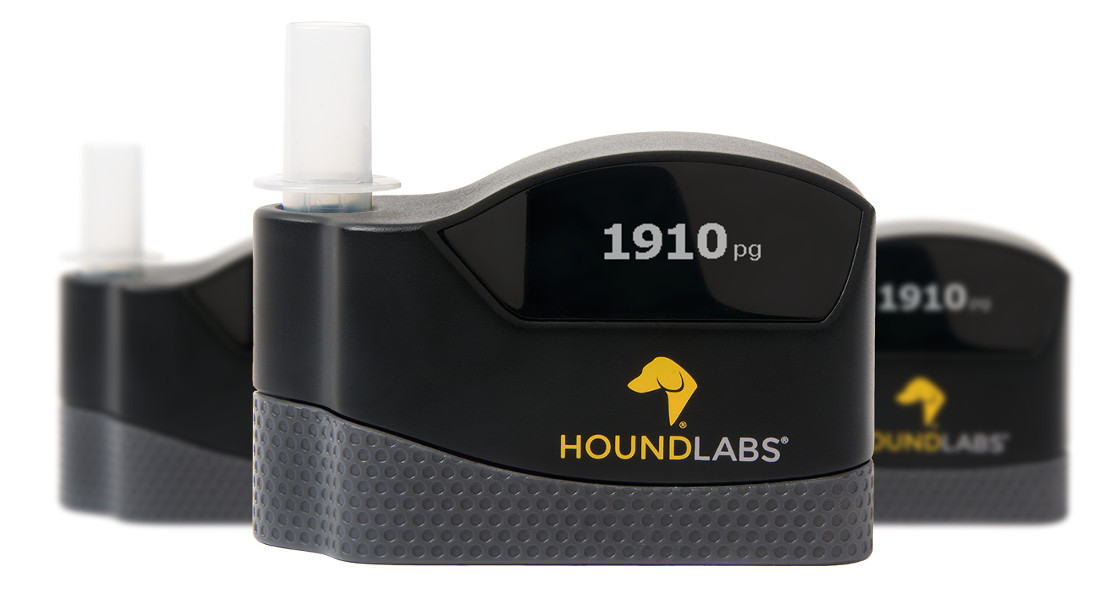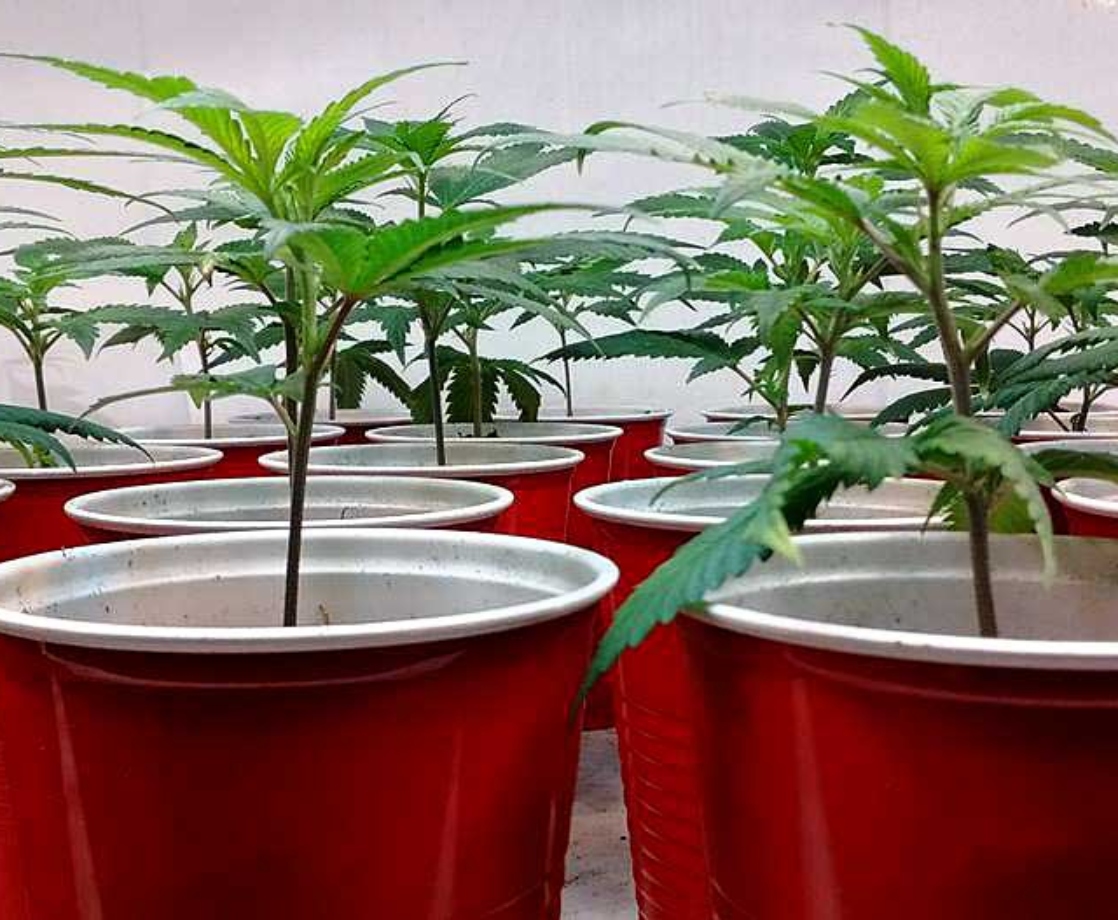In 2015, Texas surprised the nation by passing SB 339, the Texas Compassionate Use Act, a bill that would allow CBD oils for Texas residents with intractable epilepsy, seizure disorders that fail to respond to any conventional medical treatments. This bill made Texas the largest southern state to approve of medical cannabis, albeit under extremely restrictive circumstances.
Under SB 339, patients may possess cannabis that contains less than 0.5 percent THC and at least 10 percent CBD. The cannabis that meets these criteria could be considered hemp, although the federal government's definition for hemp is less than 0.3 percent THC with no limits on the other cannabinoids. Patients in Texas are not permitted to smoke cannabis for any reason; the law only protects non-smokable routes such as gel caps.
In addition, patients may not cultivate or manufacture their own cannabis products. All medical cannabis products must be grown, processed, and distributed from approved facilities, and that's where the problem with Texas's medical weed begins: only three licenses have been approved, and two of those licenses are for dispensaries in Austin. Patients who live far away from these facilities are expected to drive to the dispensaries to pick up the cannabis products themselves, or to do so through a state-registered caregiver.
There's also the issue of doctors assigning cannabis to patients in Texas. All doctors who do this must register on a state database, where cannabis "prescriptions" and their dosages are logged and tracked. Because Texas's "prescription" system mimics the federal pharmaceutical system, some advocates fear this could open up doctors to DEA reprimands. Other states with medical marijuana only require doctors to write a "recommendation," which is not a prescription subject to DEA review.
According to Connor Oakley, the state regulators seem to be apathetic toward the SB 339 program, even though the Texas House of Representatives voted 96-34 for it. Oakley is one of the men behind Medical Cannabis Association of Texas (MCAT), a non-profit organization devoted to reforming Texas's medical marijuana laws. Prior to joining MCAT, Oakley worked at the state capitol as an assistant, and his father served in the legislature as well – which gives him some insider insight regarding what's going on with medical cannabis in the Lone Star State.
MERRY JANE: Can you tell us a little about MCAT and the issues with the CBD bill in Texas?
Connor Oakley: The reason we founded the Medical Cannabis Association of Texas was because, with the compassionate use program, there were 43 applicants. The legislation said at least three needed to be given permits to grow and distribute. Well, only three were given, and that's for the entire state of Texas. We're seeing this and thinking there's no way this is going to cover everybody. This is a program set up to fail. It was set up by the regulatory body in charge of the Texas Department of Public Safety [DPS], which seems confusing for a medical issue. It just seems like it was setup to fail.
It's really strange. If you look at the DPS website, you'll see the other things they regulate are handgun licensing, vehicle inspections, peyote distributors, then – the compassionate use program, which is only CBD oil, currently. It seems like the medical board should be running that.
What we wanted to do was get together the 40 other applicants who were not denied permits — the state's been very clear about that, they weren't denied — and get more permits issued.
Can you tell us a little about how the bill was crafted?
One of the biggest players in Texas has always been the Marijuana Policy Project [MPP]. Their efforts are definitely nothing to scoff at. They're great. But I think they're focused on the big picture: full medical legalization. Then, there's a lot of groups like MCAT that are solely focused on the CBD oil. We're trying to make the CBD program happen first, and if the program opens up, we'll keep going.
The legislature only meets every other year in Texas – yeah, that one always stuns people. The bill was actually passed in 2015, and we're still not seeing much happen. One of the three [licensees] that has been given a permit was just conditionally approved to go ahead and start building their facility — and this was passed in 2015.
There was an issue with delivery too, right?
Yes, someone would either have to come to your grow operation that doubles as your dispensary, or you can get your doctor to come pick it up. The other option was someone from the dispensary could deliver it, but they're still setting that up. They did make it clear that it's going to be really difficult to get.
And dispensaries must be in the same building as the grows?
That's for the entire state. Two of them are in the Austin area, so it doesn't make much sense. I'm sure that's something else that will have to be regulated by DPS. They would need some kind of extra security – I assume they would. They're treating CBD like it's some kind of narcotic. They're not treating this like it's CBD oil.
Are Texans getting CBD outside of the program?
Yes, they are. The legislators want to regulate this very heavily, but you can walk into a health store in Texas and buy CBD oil. I've seen it in smoothie stories. It's everywhere. It's kind of confusing. We're all just trying to figure out, "What are we doing here right now?"
Where do you go from here?
The biggest thing we wanted to tell people, initially, is that perhaps there may be some legal recourse for what we consider arbitrary and capricious denial of permits. It doesn't seem like they have any grounds to deny these people permits, but the governor's office came out and very clearly said, "We haven't denied anybody any permits. We've just approved three."
But it seems like they haven't done anything else to look into these permit applications. We talked to someone who sent in two different applications for two different operations with the same information, and both were scored differently. We felt that was arbitrary, but since they weren't actually denied, we can't do much.
Is there anything else you can do besides amending the bill?
The main thing we're trying to do right now – because in the meantime, the legislature isn't in session here – is trying to get our members and potential members to write the governor and let DPS know they still want their application in the running, in case they open this up. We're telling everyone to not request refunds for their application fees, because if they do that, they may be out for good. We don't think there's going to be another chance to re-apply right now. If there's 43 applicants and only 3 were approved, we don't see this opening up quickly.
The intention is to keep everyone's hats in the ring. Essentially, we're going to try to amend the bill or get a new bill that opens us up to more applicants. Maybe, potentially, in the future, to cover more conditions. Because right now, it's only with patients with intractable epilepsy.
Patients have to try other medications first, and if those other medications with horrible side effects don't work on them, then they can try CBD oil. So, we're trying to open this up just a little bit more. We're trying to have a heavily regulated program, just as Texas does with government programs — heavily regulates them. It's a little hard right now to say what the next step is, because the ball is kind of in the governor's court right now.
Many state medical cannabis programs seem to take that approach: that cannabis should only be used as a last resort.
I think that's why we're so confused right now. Maybe we could have that discussion if we're talking about THC, but we're barely just talking about CBD. They're not treating CBD as a medication; it's being treated like a narcotic. And it's not, it just simply is not.
Follow Randy Robinson on Twitter











